Andrea Bowers’ sculptural chandelier for Ruinart reflects a shared commitment to environmental conservation
Andrea Bowers has partnered with Ruinart to create a work to be unveiled at Frieze LA, before it finds a permanent home at Maison Ruinart’s HQ in Reims
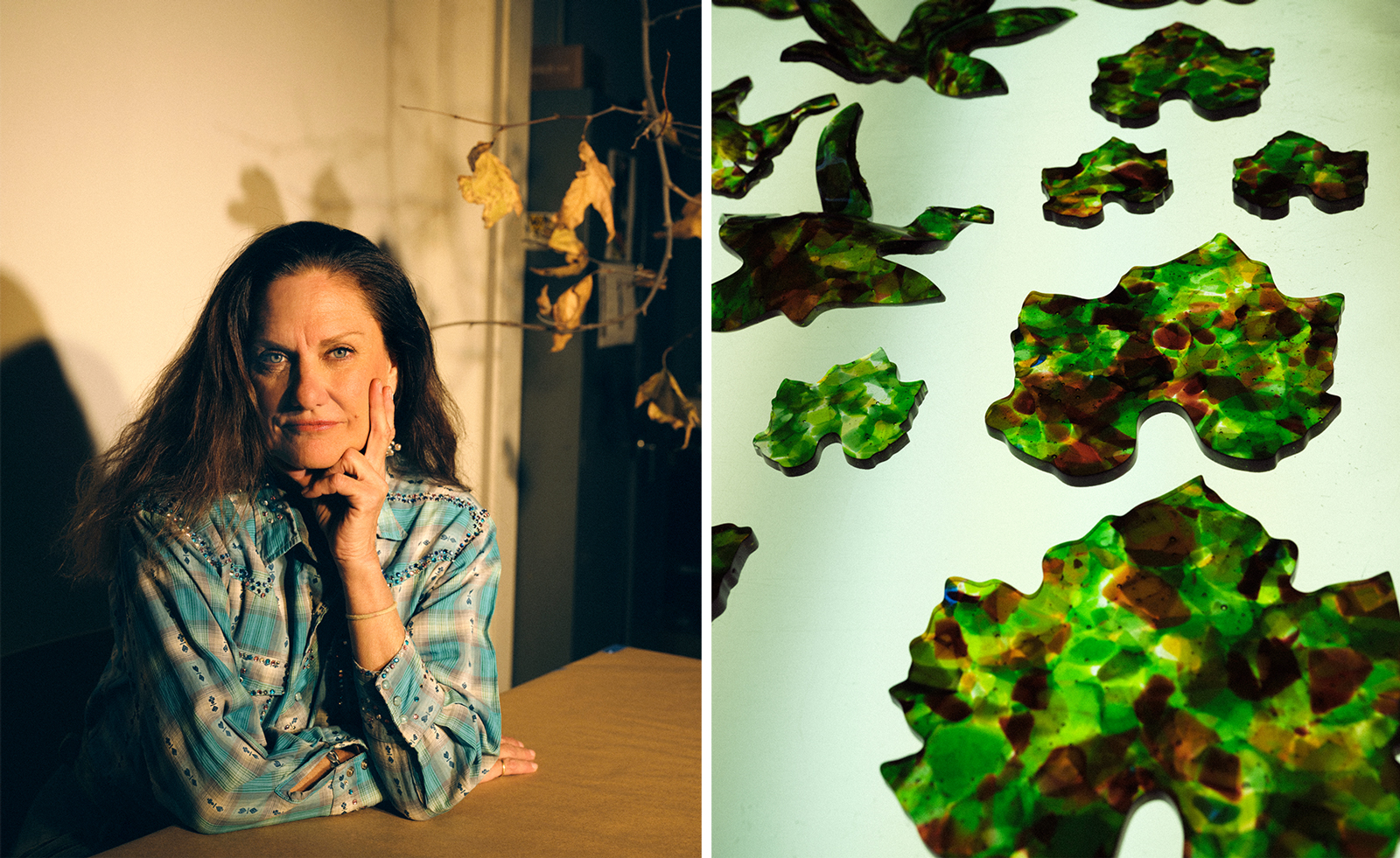
Art is an aesthetic expression of activism for Andrea Bowers, whose large-scale works have sprung from injustices concerning environmental, immigration and women’s rights. The LA-based artist first became immersed in environmental activism after joining forest defence protests, including, notably, with activist John Quigley, with whom she campaigned to save a 400-year-old oak tree. She documented the experience in the 2009 video, Nonviolent Civil Disobedience Training–Tree Sitting Forest Defense. Later, she was arrested alongside other activists while protesting to save a vast oak forest in Arcadia, California, from destruction by Los Angeles County officials.
It is this emotionally charged ecological awareness that caught the eye of Maison Ruinart, which has seen environmental changes over the last 20 years reflected in the vine. With the time between flowering and harvest reduced by two weeks, berries take on a sweeter piquancy, creating a need for a new champagne that is sustainable yet still recognisably Ruinart, a challenge addressed in its 2023 cuvée Blanc Singulier.
Ruinart and Andrea Bowers to unveil new work at Frieze LA 2024
Ruinart’s 2024 Carte Blanche, entitled Conversations with nature, sees a collective of six international artists create individual artworks expressing our relationship with nature, with the results set to be exhibited at art fairs around the world – in Bowers’ case, the unveiling will be at Frieze LA 2024. From October 2024, these artworks will be brought together in an Artists’ Garden designed as part of a new architectural project at Maison Ruinart in Reims. Exposed to the elements, they will be viewable all year round, immersed in a rich ecosystem of trees, plants and animal life. Inspired by this connection with nature, Maison Ruinart has chosen to work with artists who hold strong convictions regarding the living world, emphasising the importance of addressing climate upheaval.
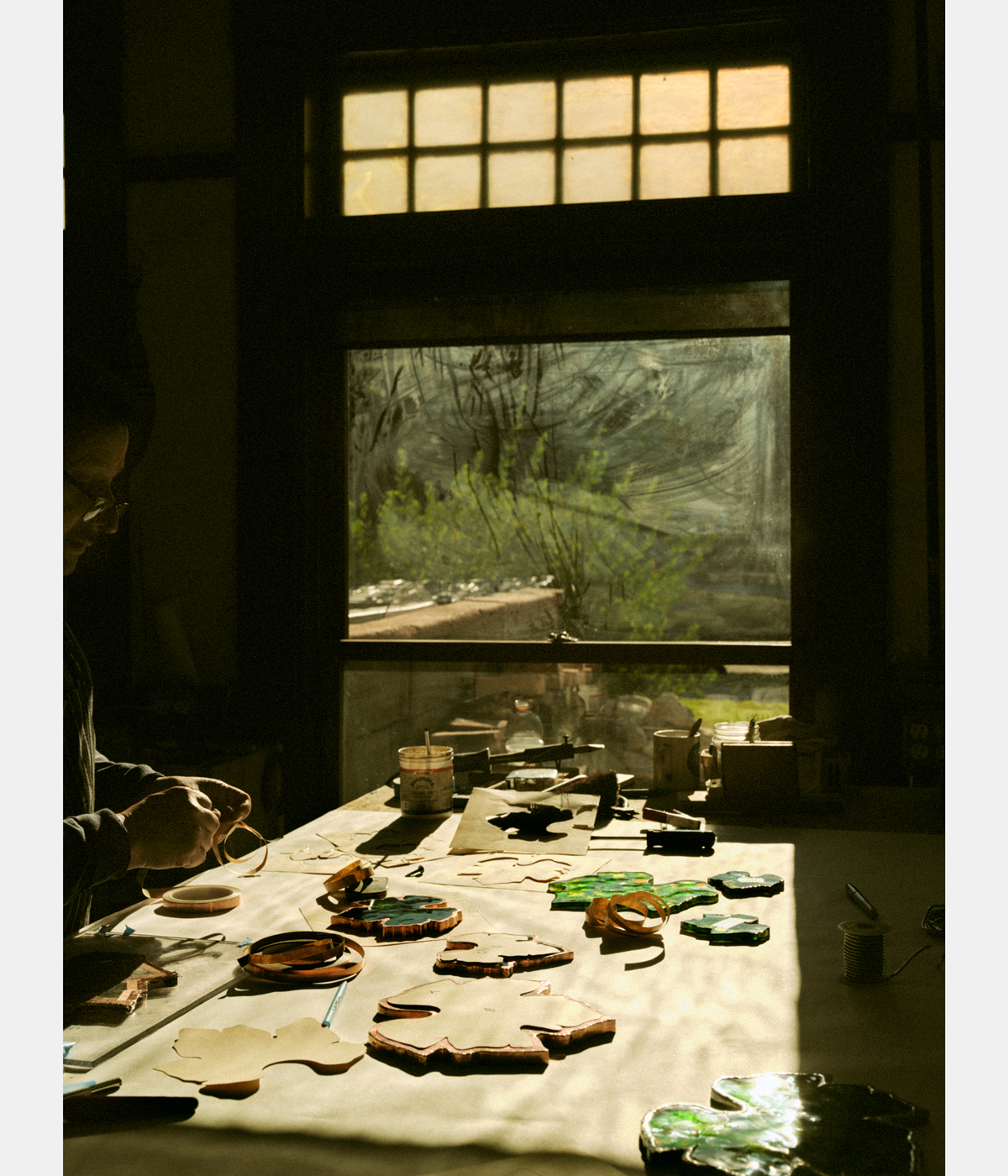
Work in progress on the glass and neon leaves
Bowers’ piece, a steel chandelier, will hang suspended in the middle of the garden, tracing the sculptural silhouettes of tree branches, with leaves in neon and stained glass. Along the branches will run quotes from Françoise d’Eaubonne, the French writer and mother of eco-feminism.
‘Around here, a lot of people have these big old oaks and they hang chandeliers,’ says Bowers, from her studio in Highland Park, California. ‘It’s simple, but romantic and beautiful. Sometimes my works are really heavy. It’s nice to make something that is still political, but also just beautiful.’
Bowers collaborated with local glassmaker Judson Studios for the speckled leaves, created from weighty leftover glass, yet appearing to curl and undulate. Bowers references her experiences witnessing the needless destruction of trees. She says the wilful felling of the forest around her, as she clung to a remaining tree, greatly affected and frightened her. She has returned to it multiple times in her art since, including here: the glass leaves are reimaginings of the leaves she saved from the felled trees, the memories of its branches becoming the form of the chandelier. Wood chips she took from the scene also formed the basis for previous artworks. ‘How can I memorialise [the devastation]? The chandeliers are symbolic because they’re based on sycamores, but it’s also a way to remember that devastation that I went through. It’s like a memento mori.’
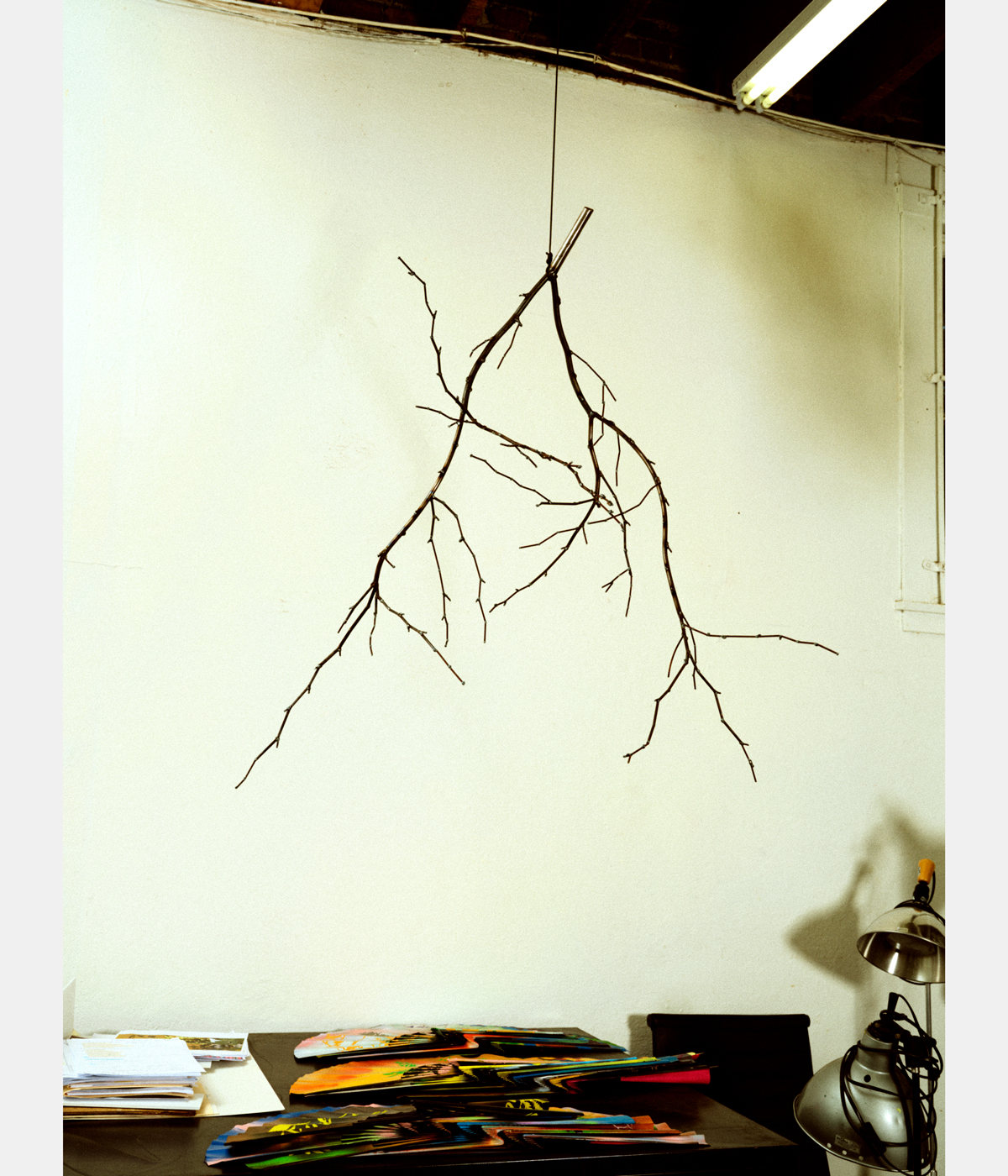
Distressed by the wilful destruction of trees and forests, Bowers takes inspiration from natural forms to create artworks that memorialise and symbolise the devastation
The faithfully carved casts of the leaves make a solid foil for the looping whorls of the neon, itself teased into leaf shapes. ‘There’s the art side of me that’s really interested in exploring and experimenting with neon, and pushing it in sculptural ways,’ she says. ‘I decided to make it totally 3D. I got to the chandeliers in quite a formal way because it was a technical challenge. So despite all the activism and politics and history that’s in my work, there is also an artist who loves making craft and pushing material boundaries.’
Wallpaper* Newsletter
Receive our daily digest of inspiration, escapism and design stories from around the world direct to your inbox.
The quotes from d’Eaubonne, which run throughout, are a crucial component for her, their understated presentation carefully considered. ‘It’s a feminist history from Paris that I’m representing,’ explains Bowers, who says she prefers to leave visitors to connect the dots themselves. ‘I want to get people on board with the work. There’s a way to collaborate and find alliances and not just piss people off with the art. The chandeliers honour the history of eco-feminist poetry.’
As well as Chandelier of Interconnectedness, Bowers has created Political Ribbons, to be showcased at Frieze LA. An installation of 8ft-long coloured ribbons printed with silkscreened slogans referencing the climate emergency, it alludes to the ribbons that suffragettes emblazoned with political slogans in their own non-violent protest. The work is an immersive one – Bowers is keen for visitors to help themself to a ribbon. ‘We want people to engage and be involved. It brings camaraderie. It brings joy.’
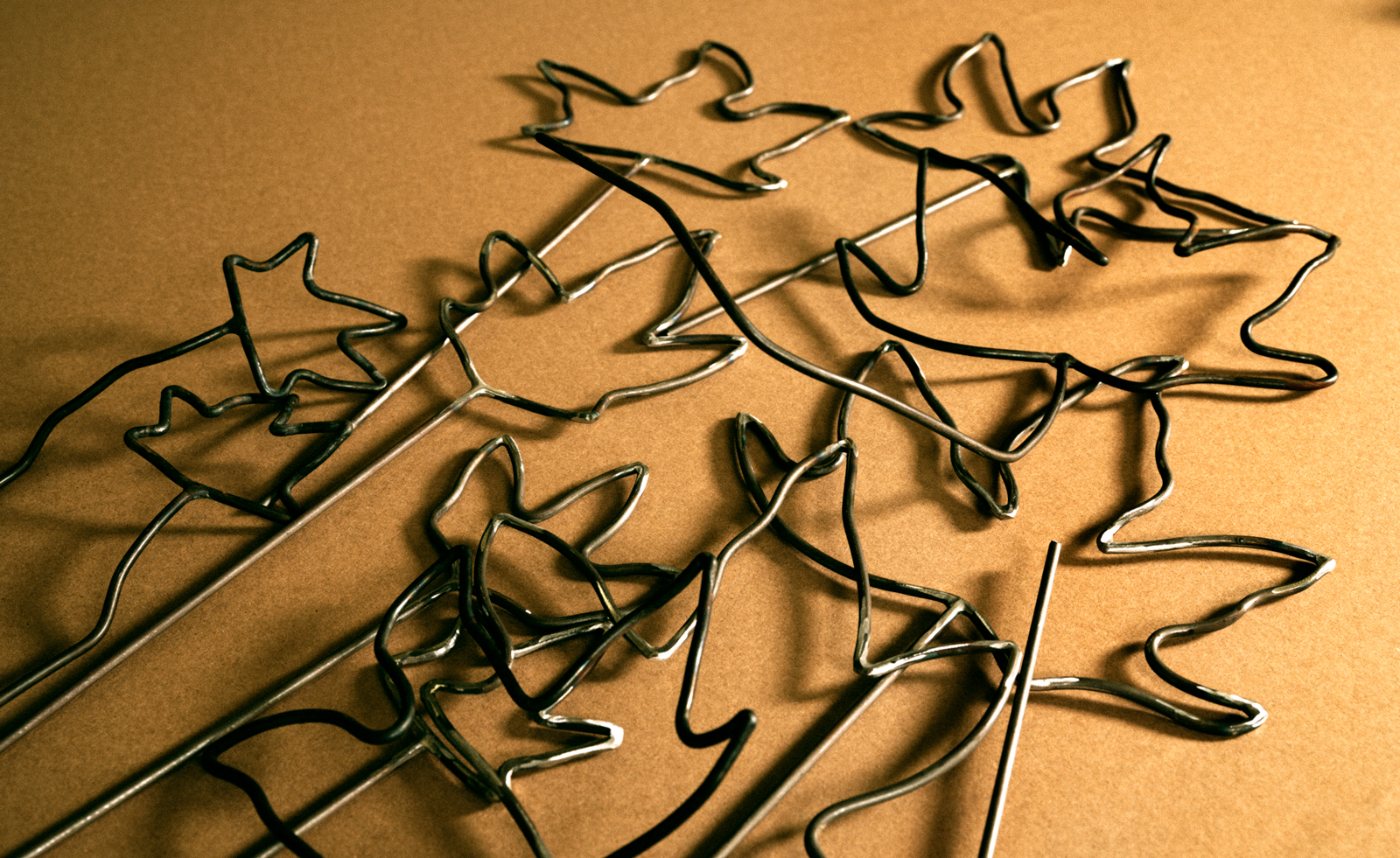
Work in progress on the neon leaves
Ultimately, Bowers is emphasising the environmental issues important to her, as well as to Ruinart. While visiting Reims, she was impressed by the maison’s commitment to bringing back biodiversity, with passages in the vineyards encouraging the return of certain insects, alongside natural ways to manage water.
‘Making champagne is a magical process of simple things that come from the earth,’ Bowers adds. ‘It’s really about Mother Earth, we have to protect the soil that those roots are in. And the light is phenomenal [in Reims]. It’s a breathtaking setting. It’s a great privilege to experience that kind of sublime landscape.’
This article appears in the April 2024 Issue of Wallpaper* available on international newsstands in print from 7 March, on the Wallpaper* app on Apple iOS, and to subscribers of Apple News +. Subscribe to Wallpaper* today.
Hannah Silver is the Art, Culture, Watches & Jewellery Editor of Wallpaper*. Since joining in 2019, she has overseen offbeat design trends and in-depth profiles, and written extensively across the worlds of culture and luxury. She enjoys meeting artists and designers, viewing exhibitions and conducting interviews on her frequent travels.
-
 Put these emerging artists on your radar
Put these emerging artists on your radarThis crop of six new talents is poised to shake up the art world. Get to know them now
By Tianna Williams
-
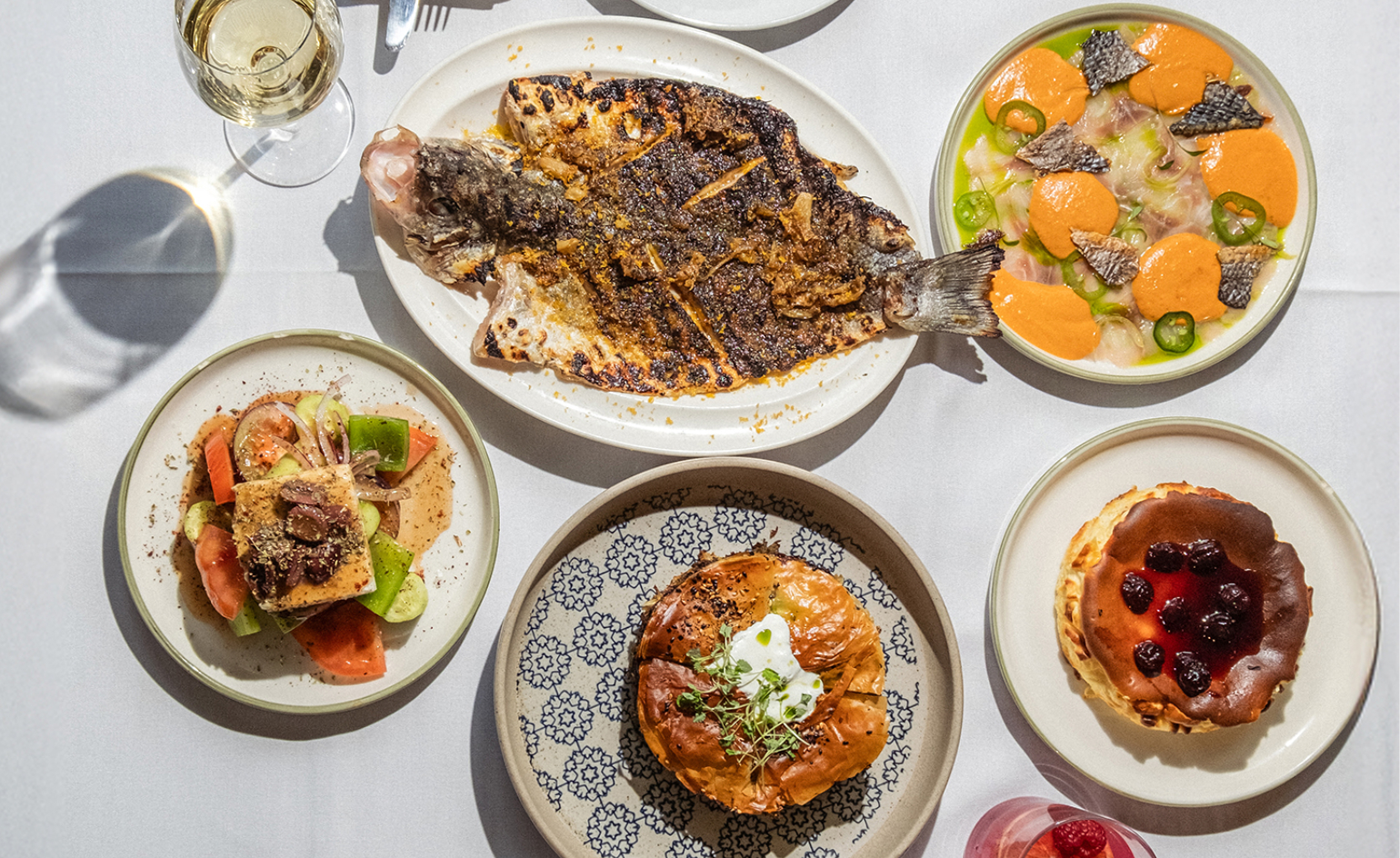 Dining at Pyrá feels like a Mediterranean kiss on both cheeks
Dining at Pyrá feels like a Mediterranean kiss on both cheeksDesigned by House of Dré, this Lonsdale Road addition dishes up an enticing fusion of Greek and Spanish cooking
By Sofia de la Cruz
-
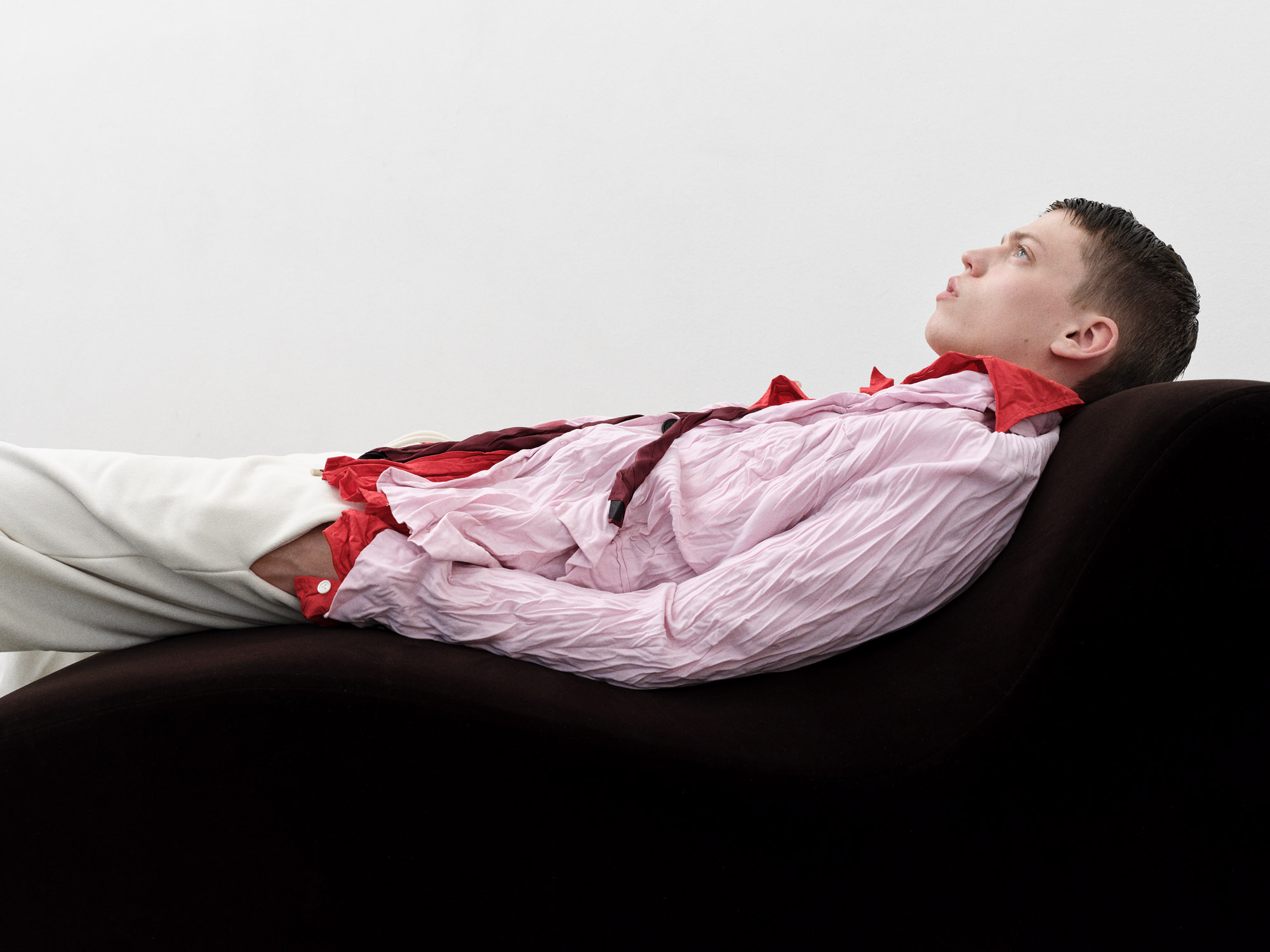 Creased, crumpled: S/S 2025 menswear is about clothes that have ‘lived a life’
Creased, crumpled: S/S 2025 menswear is about clothes that have ‘lived a life’The S/S 2025 menswear collections see designers embrace the creased and the crumpled, conjuring a mood of laidback languor that ran through the season – captured here by photographer Steve Harnacke and stylist Nicola Neri for Wallpaper*
By Jack Moss
-
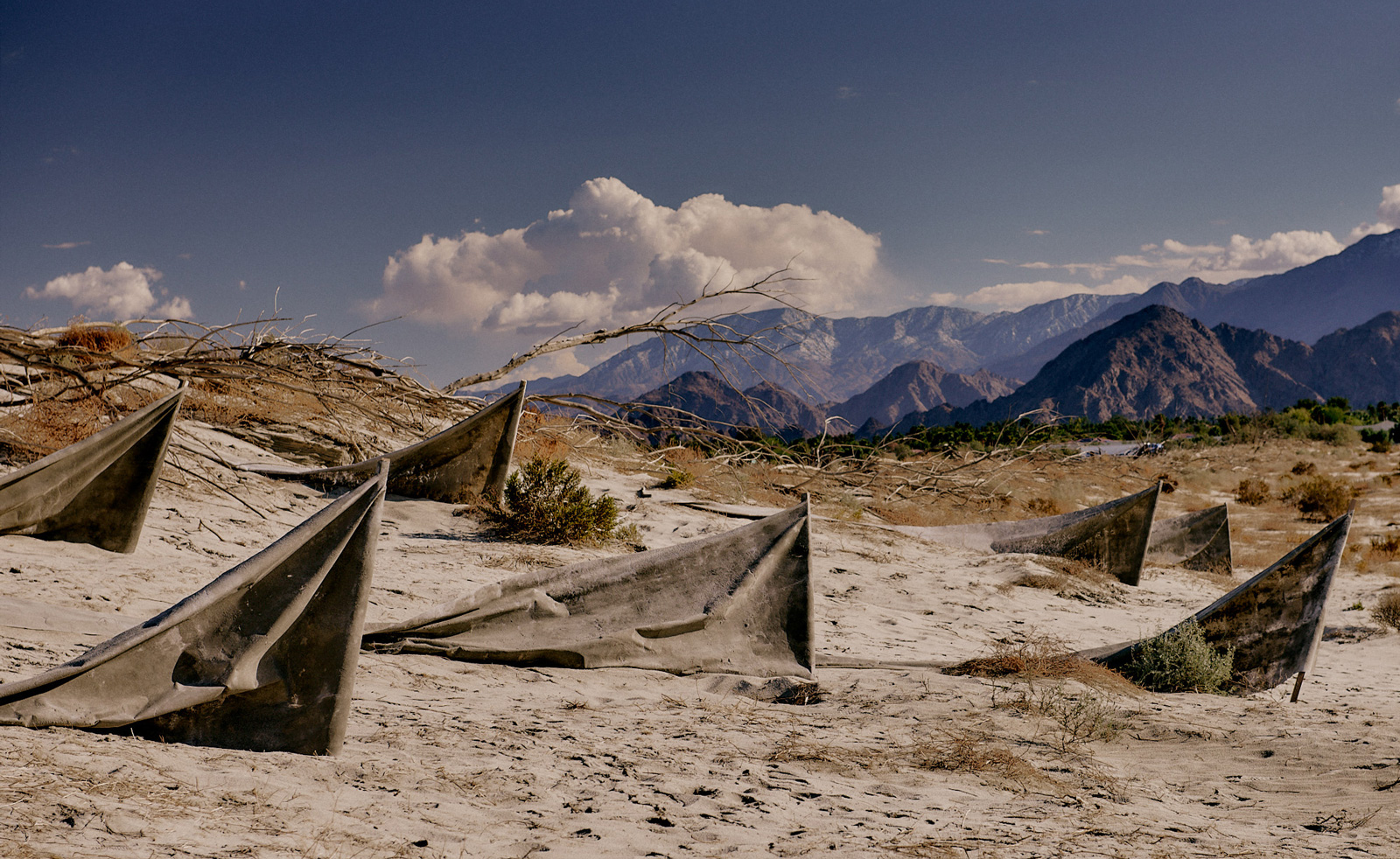 Desert X 2025 review: a new American dream grows in the Coachella Valley
Desert X 2025 review: a new American dream grows in the Coachella ValleyWill Jennings reports from the epic California art festival. Here are the highlights
By Will Jennings
-
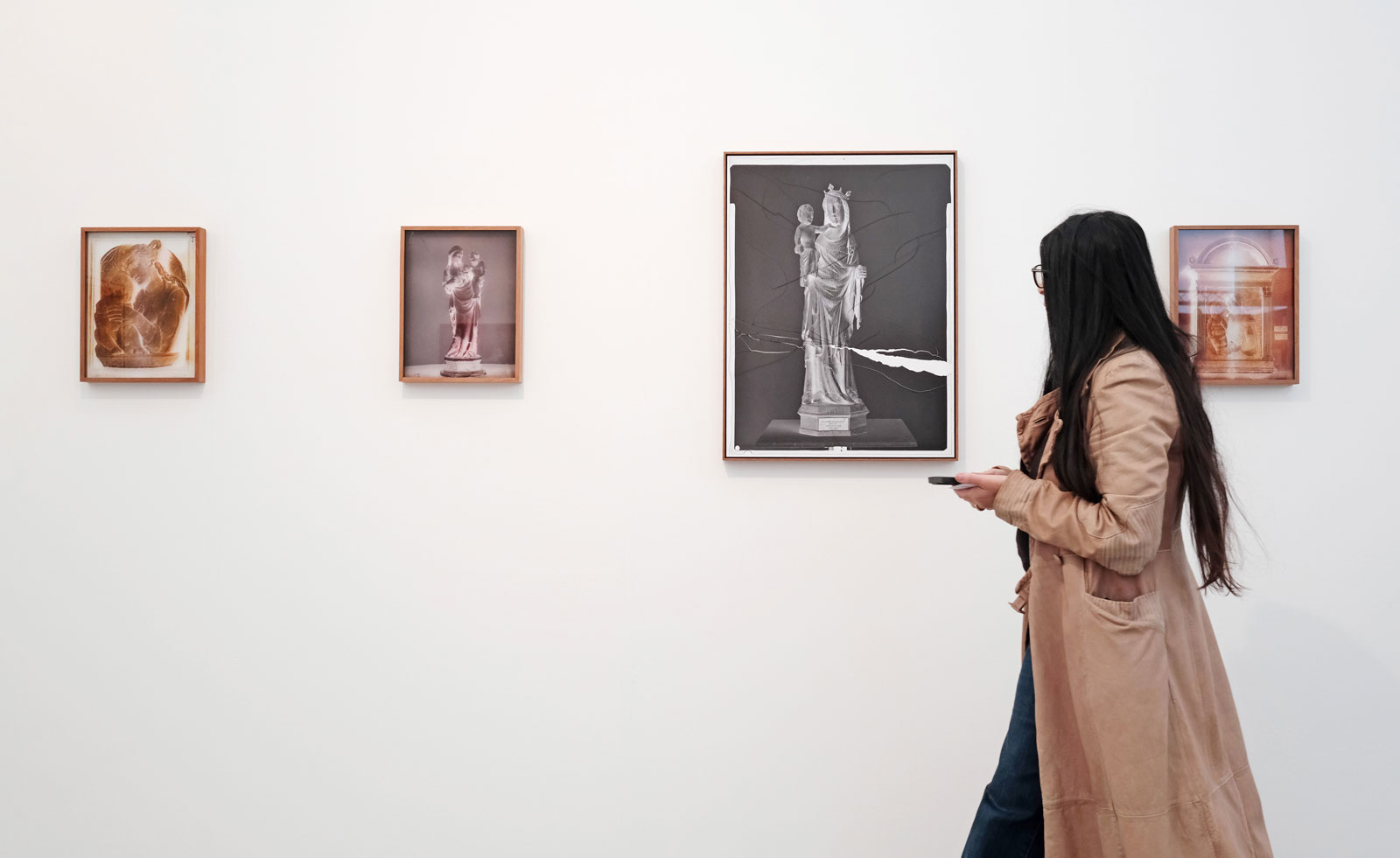 Don't miss these seven artists at Frieze Los Angeles
Don't miss these seven artists at Frieze Los AngelesFrieze LA returns for its sixth edition, running 20-23 February, showcasing over 100 galleries from more than 20 countries, as well as local staples featuring the city’s leading creatives
By Annabel Keenan
-
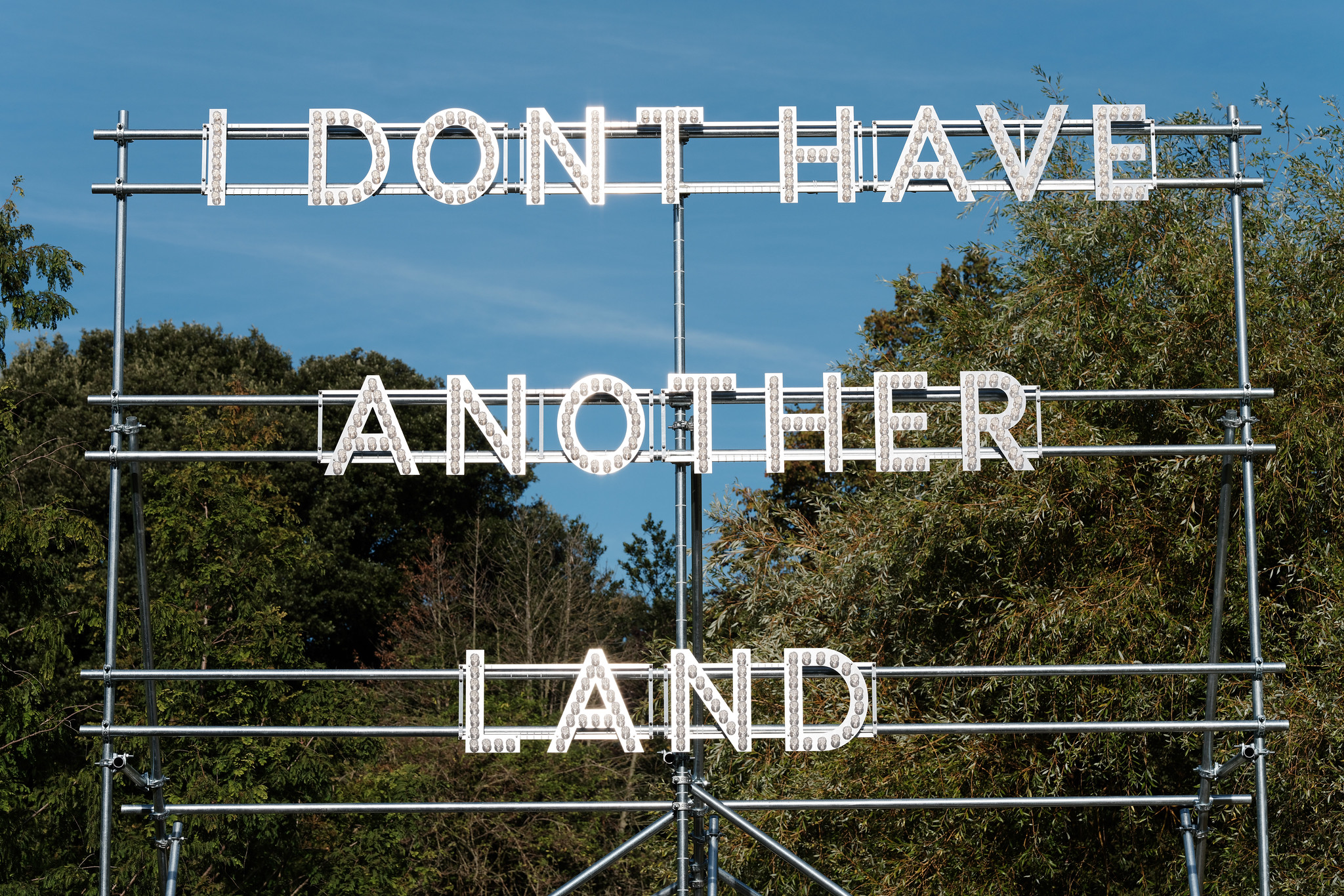 Frieze Sculpture takes over Regent’s Park
Frieze Sculpture takes over Regent’s ParkTwenty-two international artists turn the English gardens into a dream-like landscape and remind us of our inextricable connection to the natural world
By Smilian Cibic
-
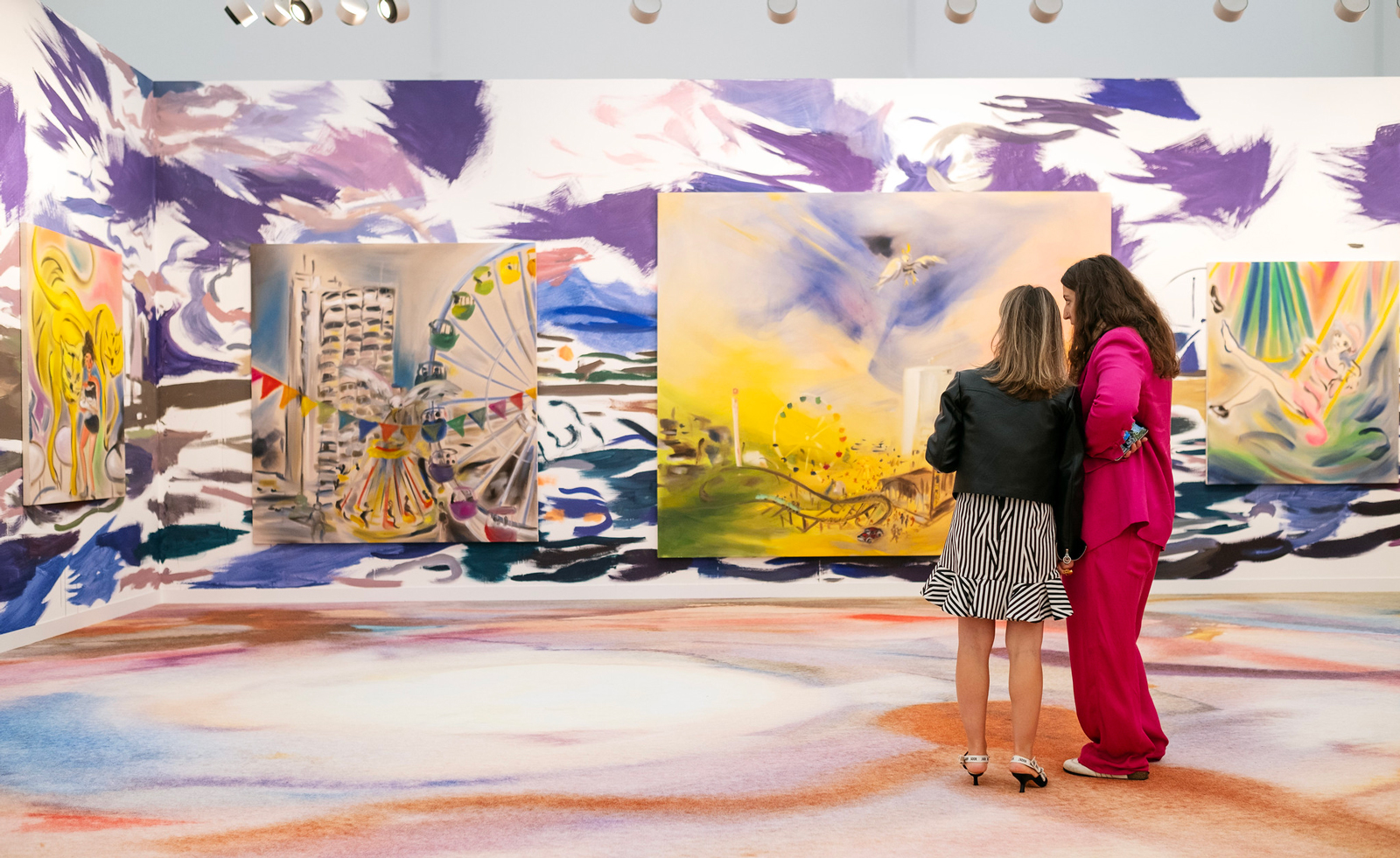 Frieze London 2024: everything to see and do
Frieze London 2024: everything to see and doLondon Frieze Week runs until 13 October 2024; here are the must-sees inside and outside the fair
By Amah-Rose Abrams
-
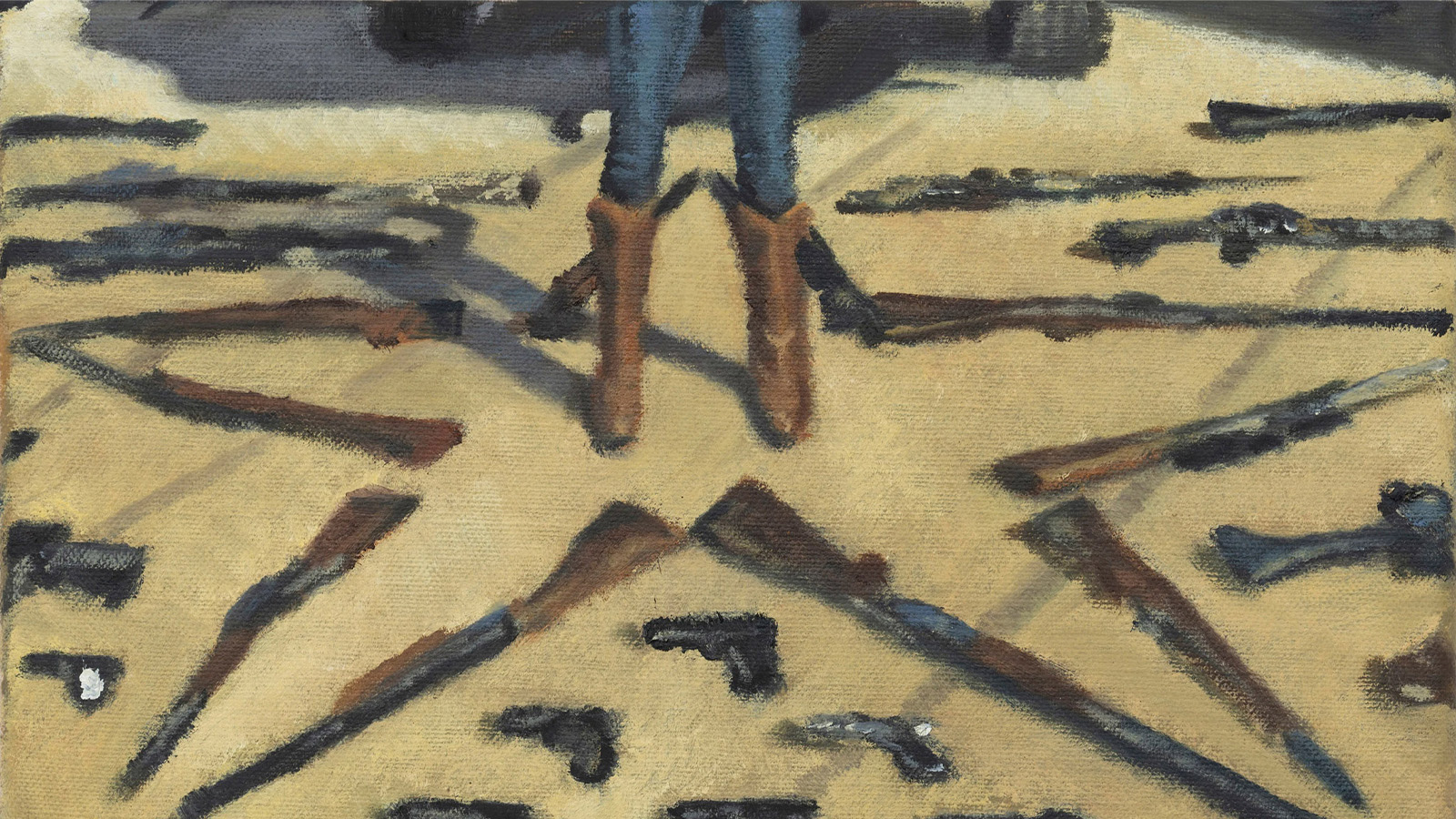 Los Angeles art exhibitions: the best shows to see in April 2025
Los Angeles art exhibitions: the best shows to see in April 2025Read our pick of the best Los Angeles art exhibitions to see this month, from Issy Wood's confession and concealment at Michael Werner Gallery to a Diane Arbus retrospective at David Zwirner
By Carole Dixon
-
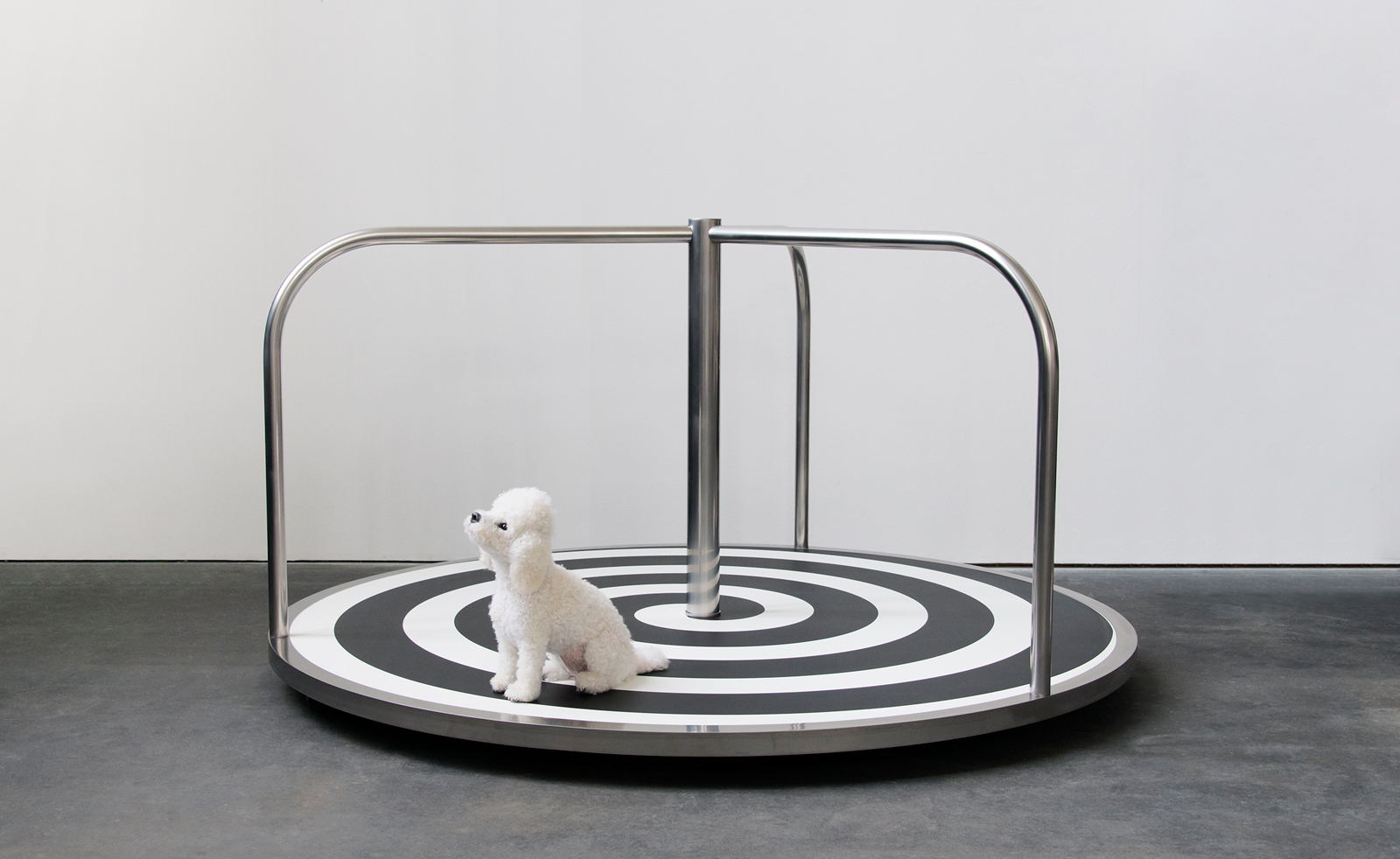 Frieze New York 2024: what to see in and around the city
Frieze New York 2024: what to see in and around the cityFrieze New York 2024 (until Sunday 5 May) sees the city’s ample spring season programming celebrated at The Shed
By Osman Can Yerebakan
-
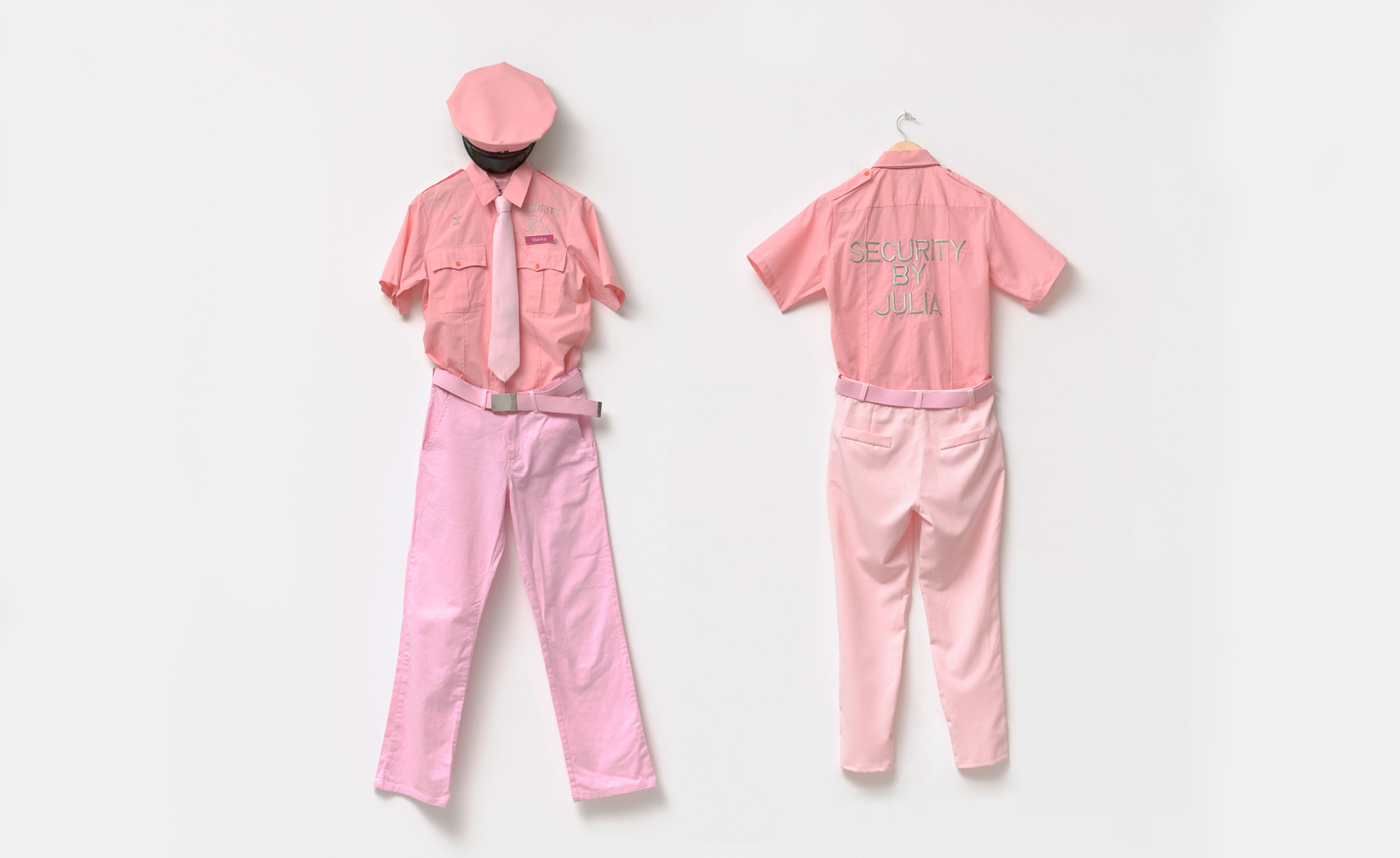 Nannies, security and hairdressers: artists and their day jobs
Nannies, security and hairdressers: artists and their day jobs‘Day Jobs’, a group exhibition on view at the Cantor Arts Center, California, looks at how artists are earning their living
By Ann Binlot
-
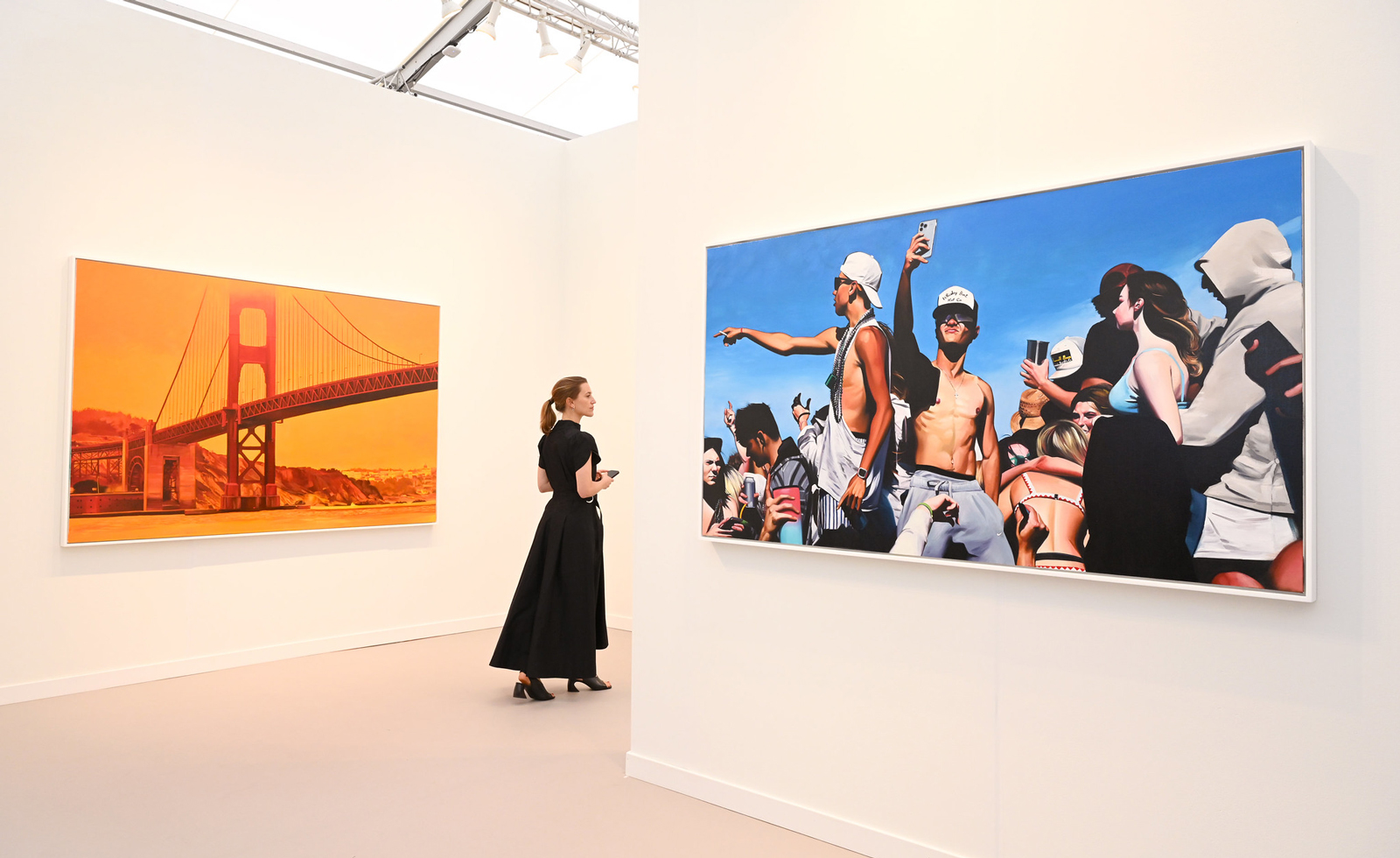 Frieze LA 2024 guide: the art, gossip and buzz
Frieze LA 2024 guide: the art, gossip and buzzOur Frieze LA 2024 guide includes everything you need to know and see in and around the fair
By Renée Reizman